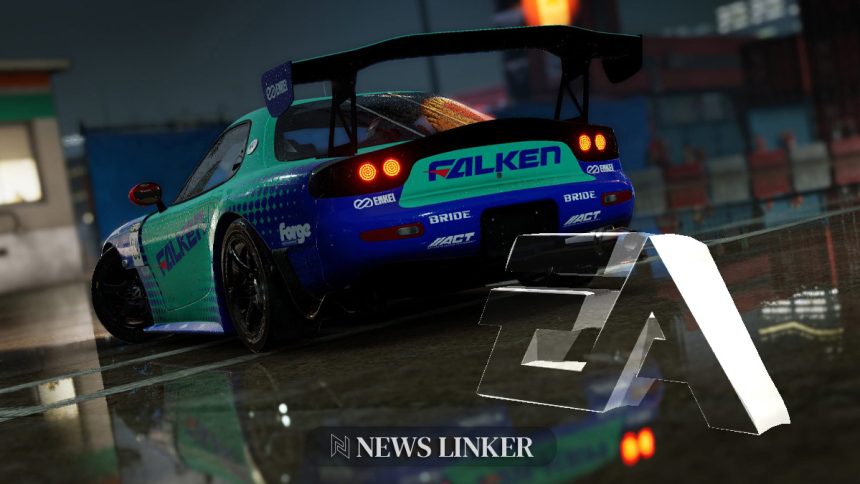The $55 billion leveraged buyout of Electronic Arts (EA) by private equity firms and Saudi Arabia’s Public Investment Fund is set to change the landscape of both the company and the wider gaming sector. As EA, a publisher recognized for franchises like Apex Legends, Battlefield, and EA Sports FC 26, comes under new ownership and assumes $20 billion in debt, industry insiders and employees speculate about the publisher’s future trajectory. The company’s notable position as a major force in sports games and live services puts it at the center of industry debates about risk-taking, consolidation, and creative output. While some hope the transition may open opportunities for innovation, others express uncertainty about the path ahead, especially given the potential influence of the stakeholders now at the helm.
EA’s recent acquisition has prompted widespread analysis and comparisons with notable leveraged buyouts throughout the last decade, such as the similar fates of major retailers. Previous industry buyouts often led to downsizing and a reduction in creative ventures, and concerns remain about whether EA’s large portfolio will face similar pressures. In addition, EA’s significant live-service revenue stream distinguishes it from companies that experienced financial decline after such deals. Market watchers point out that these differences could make EA’s journey distinct, though the questions about innovation and job impact persist just as they did in similar historic transactions.
How Does the Buyout Affect EA’s Financial Structure?
Advisors believe that EA’s robust live service and sports franchises provide a stable foundation to address the $20 billion debt brought on by the buyout. Philip Alberstat notes,
“EA generates approximately $7.5 billion annually from franchises like Apex Legends, Battlefield, and FIFA [now EA Sports FC],”
emphasizing the resilience these consistent revenue streams supply. While comparisons to the bankruptcy of Toys ‘R’ Us surface, experts clarify that EA’s diversified and resilient portfolio shields it from an immediate crisis, provided these franchises continue their performance.
Will New Ownership Foster Innovation or Risk Aversion?
Industry analysts suggest privatization could reduce pressure from public investors, potentially granting EA more freedom to pursue creative ventures. However, as Emmanuel Rosier outlines, portfolio consolidation often encourages studios to concentrate on high-performing brands rather than invest in experimental titles. This duality encapsulates ongoing debates, with risks of a narrowed creative pipeline vying against hopes for breathing space in new IP development. Phylicia Koh comments,
“In theory [privatization] could give EA breathing space to push innovation in new IP and titles,”
while acknowledging possible conservative tendencies from the new owners.
What Could Recent Consolidation Trends Mean for the Wider Industry?
The industry has experienced frequent mergers and acquisitions, with large companies seizing studios and smaller developers seeking their own market niches. With greater financial barriers to entry and heightened risk aversion, AA studios and indie developers may find new opportunities to distinguish themselves. At the same time, flagship publishers like EA might adhere to established blockbusters, creating a split industry marked by financially-driven giants and creatively-driven independents. The long-term effect of this bifurcation remains to be seen, especially as new owners shape strategic decisions about franchises and creative resources.
EA’s buyout raises intricate questions for its range of franchises beyond sports games. Flagship IPs—including The Sims, Apex Legends, Mass Effect, and Dragon Age—face uncertain futures as the new owners evaluate long-term profitability and strategic fit. The experience of mobile developer Scopely under Saudi ownership suggests EA could retain operational independence in the near future. However, concerns remain amongst staff about potential restructuring or shifting priorities, including directives unique to ownership goals such as regional job creation. Industry specialists anticipate careful portfolio analysis as the new leadership weighs diverse interests and competitive requirements in a changing market.
Acquisitions of EA’s magnitude highlight the complex forces shaping modern gaming, from consolidation and risk management to creative experimentation. The interplay between capital and innovation will determine the fate of beloved studios and franchises. For players and developers, trends in portfolio management and ownership influence not just the games available but how the industry itself grows or contracts. Careful attention to market sustainability and the balance between creativity and stability may prove essential for long-term industry health, especially as the buyout’s ripple effects begin to appear across smaller studios and publishers.










